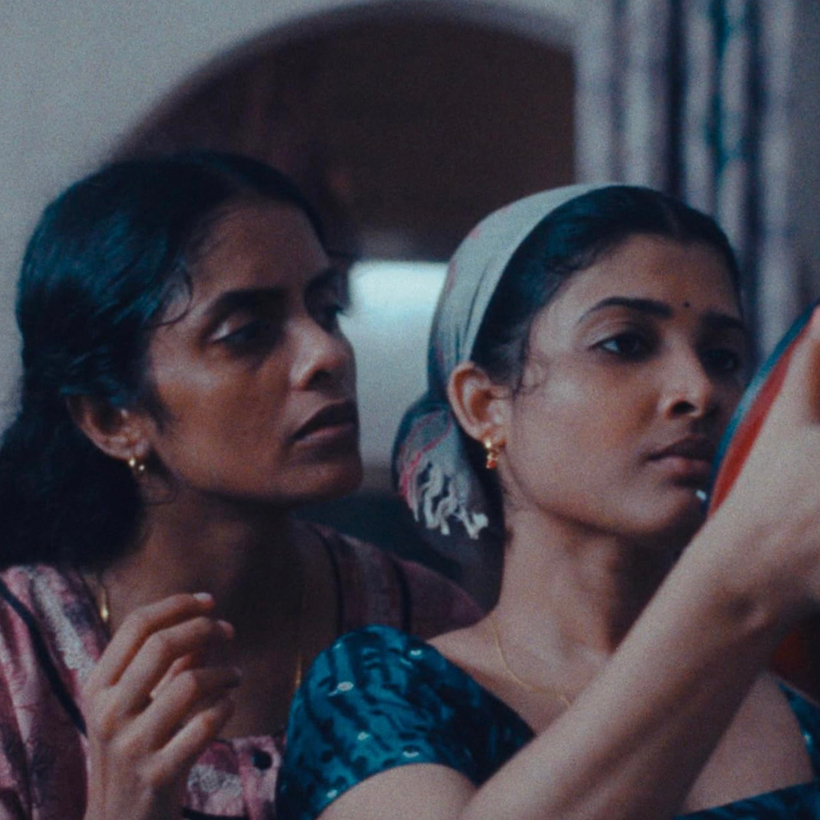The Indian director Payal Kapadia employed guerrilla-style filmmaking tactics to capture the swarming streets of Mumbai in her prize-winning debut feature, All We Imagine as Light. She switched back and forth between her main camera, used for the places where she had permission to shoot, and the smaller Canon EOS 5D, which could be concealed, for those locations where she was not able to obtain permits. The 38-year-old director could not help but think of Jean-Luc Godard’s Breathless, a mold-breaking debut from 64 years ago, for which similar methods were incorporated to shoot on the streets of Paris without any permits or permission.
“All of it was out of necessity because I don’t think we could have re-created Mumbai any other way,” Kapadia tells me on a video call from her home, in Mumbai. The gamble paid off—All We Imagine as Light became the first Indian film in 30 years to compete for the coveted Palme d’Or at this year’s Cannes Film Festival. In fact, it did far more than just compete, as Kapadia became the first female Indian director to walk away with the festival’s runner-up award, the Grand Prix. “It was a lot of work on this film, which took five years to complete,” Kapadia says. “So it’s really nice that the film has gotten this kind of recognition and is going to be shown in so many countries, including India.”


